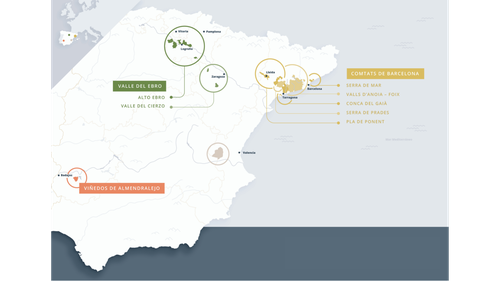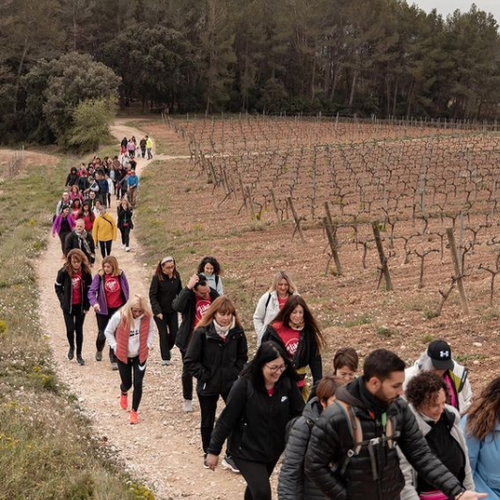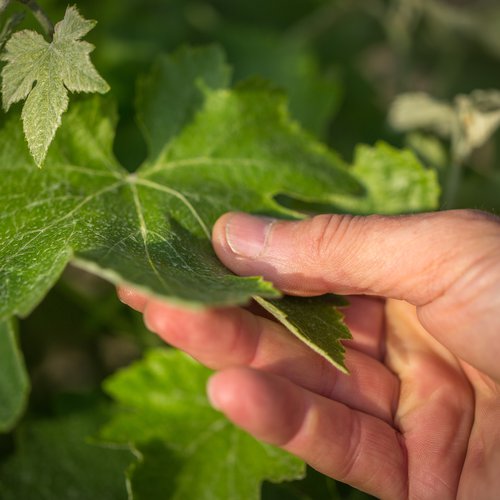The B.O.E. certifies the strict new zoning and segmentation of the Cava D.O.
The new regulations will be reflected on bottles from 1 January 2022
Vilafranca del Penedès, 15 June 2021.- The publication in the Official State Gazette (B.O.E.) of the ambitious new zoning and segmentation project carried out by the Cava D.O. has made official a historic new regulation that will appear on the labels of the first bottles in January 2022. The Ministry of Agriculture, Fisheries and Food has approved the new regulations drawn up by the Cava D.O., which will allow the region to be highlighted, thus ushering in a new phase in the history of Cava. This marks the beginning of an important period of implementation that will involve all the winegrowers and winemakers of the Designation of Origin, with the aim of continuing to enhance the quality characteristics of an exceptional Spanish product.
The president of the Regulatory Board, Javier Pagés, has underlined the importance of the regulations, which are the result of a new strategic plan unanimously approved by the Board’s plenary session. Javier Pagés affirms that "We are committed to maximum traceability and quality." In fact, he adds:
"It is the most demanding regulation in the world for quality D.O. sparkling wines made using the strict traditional method."
All of this places the Cava D.O. "at the forefront of quality sparkling wine designations of origin".
Cavas aged for more than nine months will now be called Cava de Guarda, while those aged for more than 18 months will be called Cava de Guarda Superior. Cavas Reserva will be aged from 15 to 18 months. The ambitious new regulations mean that the production of Cavas de Guarda Superior, the long-aging category that includes Cavas Reserva (minimum 18 months of aging), Gran Reserva (minimum 30 months of aging) and Cavas de Paraje Calificado (from a special plot and with a minimum of 36 months of aging), will be 100% organic by 2025.
The Cavas de Guarda Superior will be made with grapes from vineyards registered in the Regulatory Board’s specific Register of Guarda Superior, which must meet the following requirements: vines at least 10 years old, organic vines (5 years of transition), vines with specific qualitative yields of a maximum of 10,000 kg/ha, separate production (separate traceability from the vineyard to the bottle), production starting in January, proof of the vintage on the label, and organic product (5 years of transition).

The zoning of the Cava D.O. has been established on two levels, marked by specific climatic, orographic, historical and human characteristics that justify the new plan and lend these wines their own identity. The following zones have been defined: Comtats de Barcelona, which encompasses the Cavas of the region of Catalonia (with sub-zones Valls d'Anoia-Foix; Serra de Mar; Conca del Gaia; Serra de Prades and Pla de Ponent), Ebro Valley (with sub-zones Alto Ebro and Valle del Cierzo), Viñedos de Almendralejo, and Levante (the definitive nomenclature is still to be confirmed).
In addition, the demanding new regulations allow the voluntary creation of an “Integral Producer” label for those wineries that press and vinify 100% of their products.
Its appearance in the B.O.E. confirms the official nature of this new product categorisation by segments and zones, providing consumers with information about the product, and highlighting the work of winegrowers and winemakers. Cava is honoured as a wine of excellence with a long tradition and history, which enjoys great respect in the sector.
D.O. Cava, committed to origin, land and sustainability
With more than 70% of sales to the international market, Cava is the Spanish D.O. that exports the most wine: its 370 associated wineries are present in over 100 countries. The D.O. encompasses more than 38,000 hectares of vineyards and more than 6,800 winegrowers. Cava harmonises perfectly with every type of gastronomy, and is made using the traditional method, with a strict commitment to origin, land, and sustainability.





